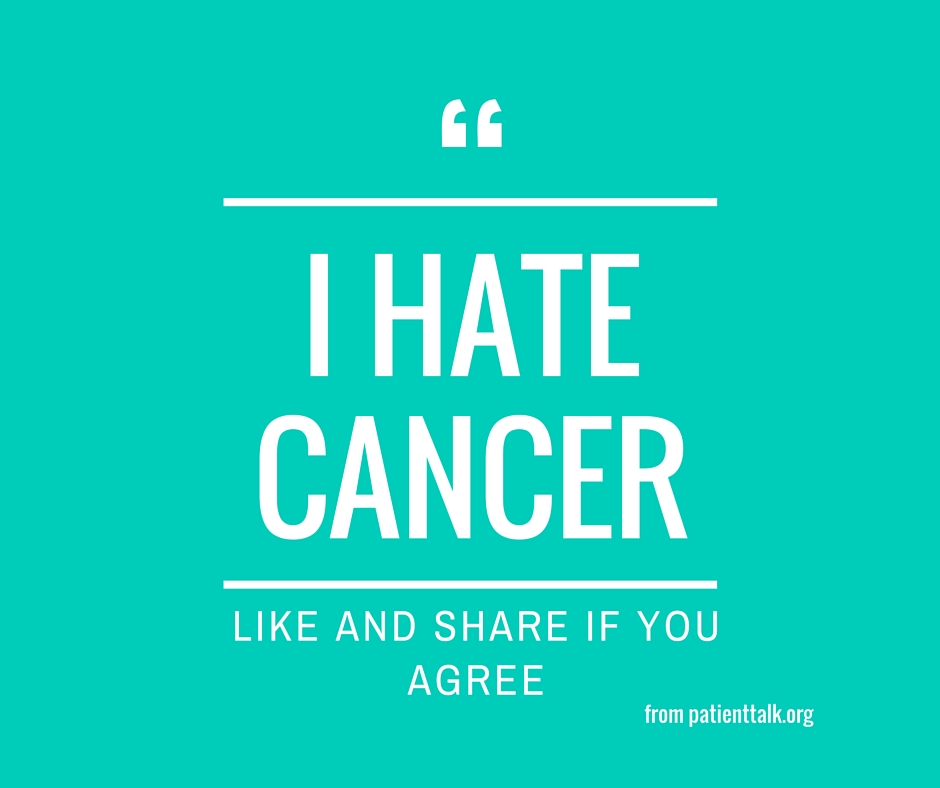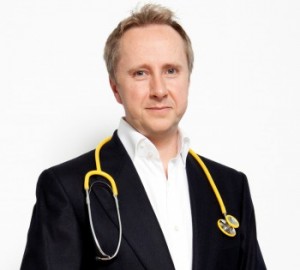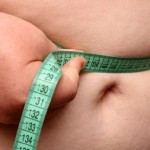7 easy steps to burn an extra 2900 calories a week!
weight
Reduce your cancer risk – check out these top tips
There are no proven ways to prevent cancer, but you can reduce your risk of getting it.
According to Cancer Research UK, 4 in 10 cancer cases can be prevented, largely through lifestyle changes. It will help to lower your risk of cancer if you:
Eat a healthy, balanced diet
Stories about various foods and diets linked to preventing cancer are often in the news. This is because a lot of research is going on into diet and cancer. However, it isn’t easy to study the link between diet and cancer, because there are so many different factors involved, and cancer can take years to develop.
No single food or supplement can prevent cancer from developing. Overall, research shows a link between eating certain groups of foods (rather than any specific foods, vitamins or nutrients) and a reduction in cancer risk.
Eating a healthy, balanced diet may lower your risk of developing cancer. Try to consume a diet containing:
at least five portions of fruit and vegetables a day
plenty of bread, rice, potatoes, pasta and other starchy foods: choose wholegrain foods where possible, as these contain more fibre
some meat, fish, eggs, beans and other non-dairy sources of protein
some milk and dairy foods
just a small amount of foods and drinks high in fat or sugars, such as cakes, crisps and biscuits
Eating a healthy, balanced diet will help your body get all the nutrients it needs.
Fibre and cancer
Evidence consistently suggests that eating plenty of fibre can reduce the risk of bowel cancer. Diets high in fibre can help keep your bowel healthy and prevent constipation.
Fibre-rich foods include wholegrain pasta, bread, breakfast cereals and rice. Pulses, fruit and vegetables are also good sources of fibre.
Red and processed meat
Meat is a good source of protein, vitamins and minerals, such as iron and zinc. However, evidence shows there is probably a link between eating red and processed meat, and the risk of bowel cancer. People who eat a lot of these meats have a higher risk of getting bowel cancer than people who eat small amounts.
Beef, pork and lamb are all red meat. Processed meats include bacon, sausages, salami and ham.
If you eat more than 90 grams of red or processed meat a day (the equivalent of about three thin-cut slices of roast beef, lamb or pork, where each slice is about the size of half a piece of sliced bread), it is recommended that you cut down to 70 grams.
Read more about eating red and processed meat.
Beta-carotene supplements
Beta-carotene, often found in antioxidant supplements, has been found to increase the risk of lung cancer developing in smokers and people who have been heavily exposed to asbestos at work. It is possible that taking large amounts of beta-carotene supplements would also increase the risk of cancer in other people.
Maintain a healthy weight
In England, over 60% of the population is overweight or obese. Being overweight or obese can increase your risk of some cancers, such as:
bowel cancer
breast cancer if you are a woman who has been through the menopause
Being a healthy weight can reduce your risk of developing cancer. You can find out whether you are a healthy weight by using the BMI healthy weight calculator.
You can also find information and tips on how to start losing weight.
Stay physically active
There’s evidence that being physically active can reduce your risk of bowel and breast cancer, and also endometrial cancer (cancer of the lining of the uterus). It’s not known exactly how physical activity reduces the risk of these cancers, but research shows that regular exercise helps to keep your hormone levels healthy. Having high levels of some hormones can increase your cancer risk.
Physical activity also helps you to maintain a healthy weight, which in turn reduces the risk of cancer.
See physical activity guidelines for adults.
Drink less alcohol
Drinking alcohol is known to increase your risk of some cancers, including:
pharynx and larynx cancer
oesophageal cancer
colorectal cancer in men (cancer of the colon or rectum)
It is probably a cause of other cancers as well, such as colorectal cancer in women and liver cancer.
To reduce the risk of harming your health if you drink most weeks:
men and women are advised not to regularly drink more than 14 units a week
spread your drinking over three days or more if you drink as much as 14 units a week.
Use the drinks checker to find out how many units are in different alcoholic drinks.
Stop smoking
Lung cancer is responsible for around a quarter of cancer deaths in the UK, and 90% of lung cancer cases are related to smoking.
“Stopping smoking greatly cuts the risk of developing cancer,” says Hazel Nunn, Cancer Research UK’s health information officer. “The earlier you stop, the greater the impact. But it’s never too late to quit. People who quit smoking at 30 live nearly as long as non-smokers, and those who quit at 50 can still undo half the damage.”
There is support to help you stop smoking.
Protect your skin from sun damage
Taking care in the sun so that you don’t get burned is important for preventing skin cancer. Follow Cancer Research UK’s SunSmart plan to protect yourself:
Spend time in the shade between 11am and 3pm.
Make sure you never burn.
Cover yourself up with a T-shirt, hat and sunglasses.
Take care not to let children get burned.
Use sunscreen with a sun protection factor (SPF) of at least 15.
Keep an eye on any moles or freckles you have. If they change at all (for example, get bigger or begin bleeding), see your GP, as this can be an early sign of cancer. The earlier skin cancer is caught, the easier it is to treat, so see your GP as soon as possible.
We need sunlight on our skin so that our bodies can produce vitamin D, which is essential for healthy bones. Read about sunlight and vitamin D to find out how much sunlight you need.
Know your body
It’s important to know your body and recognise any potential symptoms of cancer, such as lumps or unexplained bleeding, and to get advice about whether they might be serious.
Diabetes and Sleep – Dr Rob Hicks tells us why too little sleep puts us at risk from Diabetes.
PatientTalk.Org conducted this interview about sleep and diabetes with TV’s Dr Rob Hicks just before Easter!
We kicked off with asking Rob to tell us a bit about the connection between sleep and diabetes. He replied “The connection is that if you’re suffering with a problem with sleep and so for example you’re not getting enough sleep that there is a link with an increased risk of developing type two diabetes and that’s two fold, one is because people who do not get enough sleep tend to gain weight and that’s often because actually when we are tired we eat more comfort food and we are less active and there’s also been some research recently suggesting for people who are not getting enough sleep on a regular basis this effects just how effective insulin is , it increases something called insulin resistance which is felt to be the most main reason for type two diabetes so this is one of the many reason why we should take a good night’s sleep very seriously indeed. ”
Turning to the prevention of diabetes he shared “Well the important thing about a good night sleep is obviously the following day if you haven’t had a good night’s sleep you feel really tired , not only loss concentration pool but also productivity is likely to be bad but also you switch to move too eating more comfort food which tend to be high in calories and high in saturated fat, your less likely to be active you’re more likely to drink alcohol, that piles on the pounds in weight and the major risk factor for type two Diabetes is gaining weight. ”
Of course a good nights sleep is important for those who have already been diagnosed with diabetes. “A good night’s sleep is good for everybody whether they have got diabetes or not because one of the problems is with not getting a good night’s sleep and certainly the Dunelm sleep survey has highlighted this is that people who are left tired the following day they are more likely to be irritable, they are more likely to adopt unhealthy lifestyles habits that increase blood pressure that increase cholesterol , we know that those factors increase the risk of not just diabetes but also of heart attacks and strokes but also it increases the risk of stress and anxiety and when we are felling stressed again we don’t follow healthy practises so if we want to get the best out of the day look after our emotional and physical well being then it’s very very important to have a good night’s sleep. ”
You can find out about ways of getting more and better sleep to help fight insomnia at our previous blog! Please follow this link https://patienttalk.org/insomnia-busting-some-great-tips-to-help-you-get-more-and-better-sleep/.
Obesity and Weight Loss – Do you consider yourself to be overweight? Why not take our poll!
We cover the related areas of obesity and weight loss on a frequent basis on this blog.
However one question which is of huge interest but not often explore is to the extent that people are happy (or not) with their weight!
We, therefore, thought it would be of value to run a poll on the subject. It is just below so please feel free to take part.
Do you use the comments box below to add any further details about your vote which you think may be of interest to our readers. We are very interested in weight loss techniques you have employed which you might wish to share.



